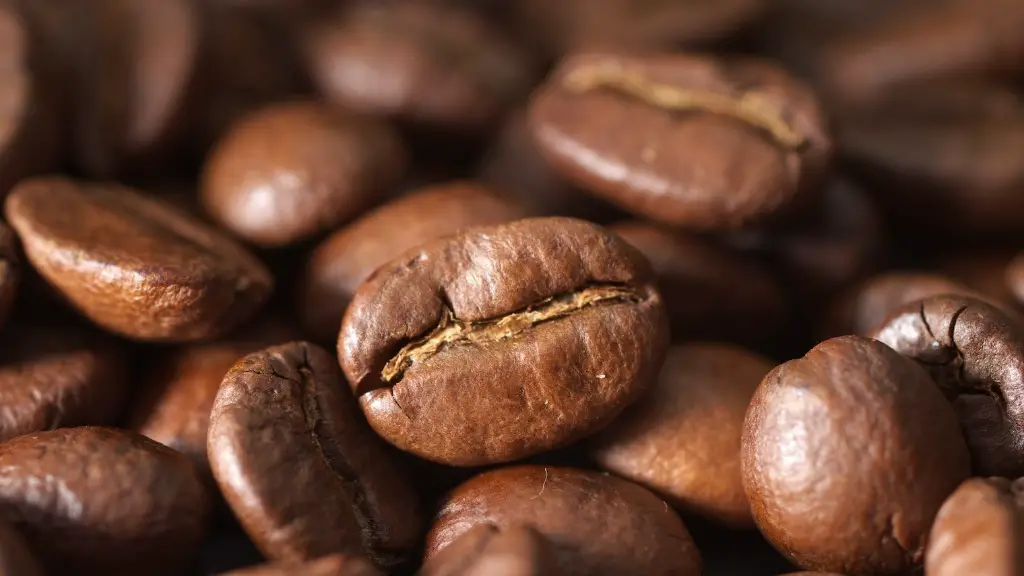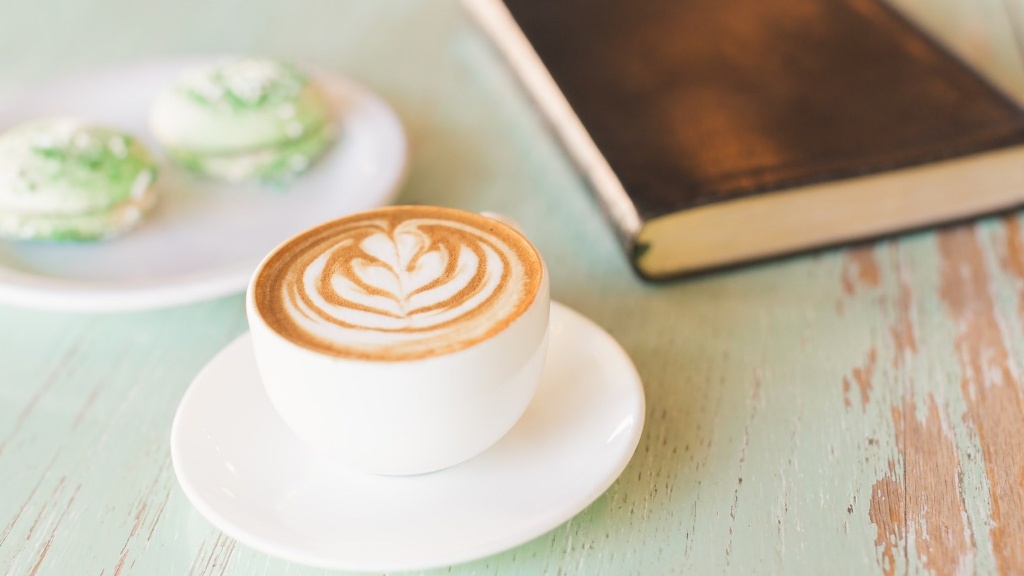If you’re like millions of others, enjoying that cup of coffee in the morning is a key part of your routine. You brew it hot and add sweetener or cream making it the perfect way to jump start your day. lately, you may have noticed that after a few sips of your morning elixir, your teeth hurt like something is wrong inside your mouth.
What causes tooth pain after drinking coffee? The answer may vary, but there are two common conditions involved that may play a role.First is enamel erosion, and the second is tooth sensitivity.
Enamel erosion
Enamel erosion is a process where the damaging acids in coffee helps degrade and erode the enamel on the surface of teeth. To understand the process of erosion, it is important to understand that saliva performs an important remineralizing function. It helps neutralize and rinse away the acids in coffee. If a person drinks coffee without saliva for an extended time, the acidity in coffee may cause significant erosion of tooth enamel.
When erosion of enamel occurs, teeth may become more sensitive to hot and cold drinks, including coffee, and cause pain.
Tooth sensitivity
Tooth sensitivity is a common condition caused by dentin exposure from worn enamel, gum disease, and tooth loss. Dentin is a softer layer of the tooth below the enamel that contains tiny holes, also known as tubules, that contain nerves and can produce sensations of pain when exposed.
A person with receding gums may lose the protection of enamel and experience pain when drinking coffee due to exposed dentin. In addition, certain habits like tooth grinding and brushing too hard can contribute to the exposure of dentin and result in pain.
People with worn enamel or exposed dentin may also experience pain when drinking coffee, but it may not be as severe as when their gums have receded. In either case, the damage to your teeth from coffee can worsen if it is not managed soon.
Solutions
The best solution for both enamel erosion and tooth sensitivity is to take preventative measures. This includes reducing the amount of time coffee remains in the mouth, decreasing the amount of coffee you drink, increasing your saliva production by regularly brushing your teeth, and using an anti-cavity toothpaste or a fluoride rinse.
In terms of treating the existing damage, using a desensitizing toothpaste or having your dentist apply a protective sealant can help. Your dentist may also suggest a sealant or fluoride gel to protect your teeth and should be consulted if your pain persists.
Treatment
The most important thing to remember is pain signals a potential problem. Pain is your body’s way of telling you something’s not right. If you experience tooth pain after drinking coffee, it could be a sign of enamel erosion or tooth sensitivity caused by tooth grinding, gum recession, and acidic foods and drinks. The best way to treat it is to find the underlying cause.
If you cannot identify the origin of the pain, make an appointment with a dentist or hygienist. He or she will be able to determine what is causing the pain, suggest appropriate treatments, and recommend a course of action.
Prevention
The most important step in preventing further damage is to practice good oral hygiene. Flossing, brushing twice a day with a soft-bristled toothbrush and a fluoridated toothpaste, and limiting acidic and sugary food and drink can all help protect your teeth.
If you experience ongoing pain when drinking coffee, your dentist may also recommend a lower-acid brand or a rise in fluoride, along with other treatments to help protect your teeth.
Conclusion
Tooth pain after drinking coffee can be a sign of either enamel erosion or tooth sensitivity. The best way to treat these conditions is to address the underlying cause and to practice good oral hygiene. Prevention is key, and steps should be taken to protect teeth from further wear while still enjoying your morning cup of joe.



